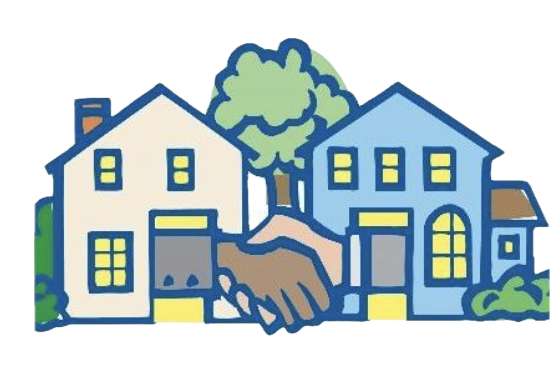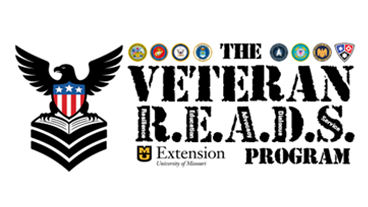People are more likely to contribute their time, voice, and effort when they believe their input matters and have a personal stake in the well-being of the community. Belonging makes civic engagement not just a duty, but a shared investment.
Home Ownership
Owner-Occupied Housing Units, Percent by County, US Census Bureau ACS, 2019-23
Owning a home typically means staying in one place for a longer period, which allows people to form lasting relationships with neighbors, participate in community organizations, and become invested in local issues. On the other hand, short leases, rising rental costs, and evictions can force renters to move frequently, disrupting school enrollment, social networks, and eroding sense of belonging.
Living with Others
Householders Not Living Alone, Percent by County, US Census Bureau ACS, 2019-23
Living with others means daily contact, conversation, and emotional support — even in small moments. People who live alone may stay isolated, but those in shared households often get pulled into school activities or community events through the interests or invitations of others. When households are socially active, they form webs of connection that help build a sense of belonging in a community.
Faith-Based Organizations (Membership)
Membership in Religious Organizations, Rate per 1,000 Population by County, Association of Religious Data Archives, 2020
Faith-based organizations are vital for nurturing belonging by serving as community hubs that foster placemaking through shared gatherings, support networks, and collaborative events that deepen emotional ties and a sense of purpose. These groups create welcoming spaces for mutual aid, intergenerational connections, and neighborhood activities that reinforce identity across residents. Lower membership percentages often signal weakened belonging, leading to isolation, diminished trust among neighbors, and reduced civic engagement in broader community efforts.
Residential Stability
Population That Did Not Move, Percent by County, US Census Bureau ACS, 2019-23
Staying in the same residence for at least a year enables individuals to build deep roots in their neighborhood, cultivating strong ties with neighbors, engaging in local traditions, and developing a profound sense of security and identity tied to the place. In contrast, frequent moves—often driven by economic pressures, job changes, or housing instability—sever these connections, leading to isolation, weakened community involvement, and a diminished feeling of belonging that can exacerbate mental health challenges and social disconnection.
Interaction Indices
Theil Index and Black-White Interaction Index, US Census Bureau ACS, 2019-23
Interaction is necessary to break isolation and create social and cultural spaces where all people can connect. Living in communities with a variety of people helps residents unlearn stereotypes, question assumptions, and build mutual understanding. In homogeneous communities, people of color can feel invisible or like outsiders. Likewise, higher evenness and interaction foster trust, cooperation, and relationships, which strengthen collective attachment and enable communities to co-create shared futures through enhanced social capital.
Social Associations
Social Organizations, Rate per 100,000 Population by County, US Census Bureau County Business Patterns, 2023
Social associations are important because they provide the structure, relationships, and trust that make it easier to come together, take action, and care for one another. Whether it’s a sports league, church group, running club, or neighborhood association, social associations help turn individuals into a community. Fewer social associations often results in fewer connections between neighbors, less trust, weaker civic participation, and lower rates of volunteerism.

Engaged Neighbor Program
The Engaged Neighbor Program began in Greene County in 2019 and has grown to a statewide program. Efforts under the Engaged Neighbor Program name include classes, special events, presentations, partnerships, publications, an award-winning newsletter, and events like Missouri Good Neighbor Week, Show-Me Neighborhood Art Week and Won’t You Be My Neighbor Days.

Navigating Difference
Navigating Difference is an intercultural competency program for people who want to deepen their knowledge, skills and appreciation for connecting across diverse groups of all kinds. Navigating Difference is a highly interactive program taught in a welcoming environment for all learners, with activities that respect and support individual learning styles and perspectives.

Veteran R.E.A.D.S.
The Veteran R.E.A.D.S. Program harnesses the profound power of storytelling and story analysis to build resilience, enhance education, drive advocacy, foster meaningful dialogue, and promote service among veterans.
